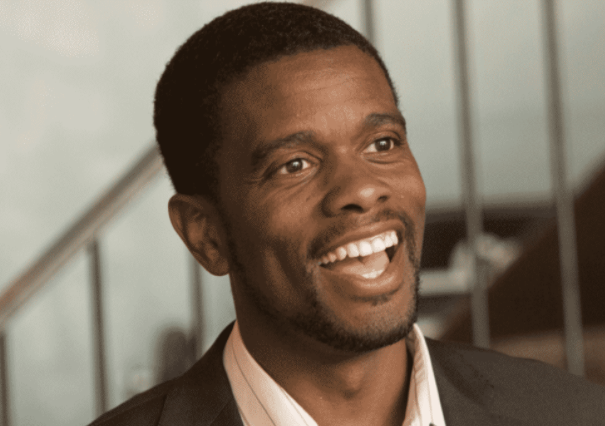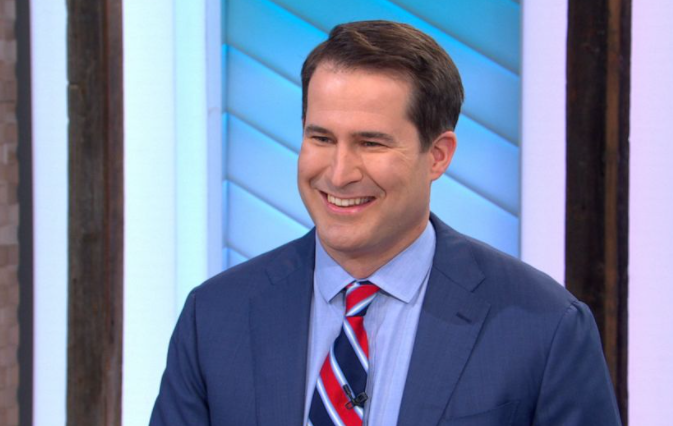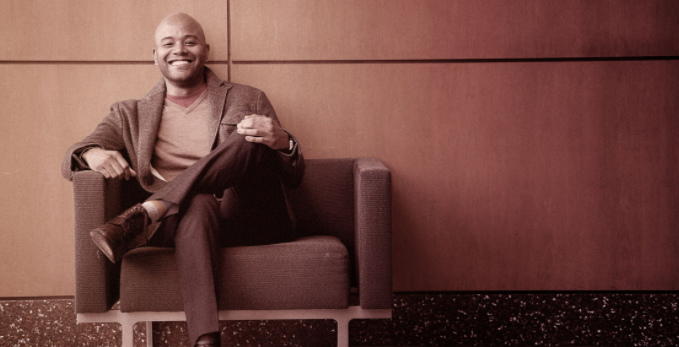For too long, Americans have bought into the myth that public safety is a simple function of police, prisons and prosecutors. Consequently, we spend nearly $200 billion on law enforcement and corrections annually.We maintain the highest imprisonment rate on the planet, as the United States is home to less than 5% of the world’s population, but 20% of the global prison population, according to the Prison Policy Initiative.
et, despite significant increases in public safety budgets over the last three decades, polling shows a majority of Americans consistently report feeling less safe every year.
The reason is clear: Our country’s enforcement-heavy approach to safety isn’t designed to address the root causes of crime, but the symptoms. Instead of equipping us all with tools to guard our own future security, it further alienates those on the outer edges of society and impedes funding for critical social infrastructure like schools and housing.
Further, it fosters resentment toward police, who are empowered to exert deadly force but lack capacity and expertise to serve as the social workers, grief counselors or chemical and mental health professionals who could help stabilize our highest potential communities.
No amount of enforcement can bring real peace and security to a neighborhood languishing in poverty. Until these dynamics change, even our most noble officers — like my father, who served 28 years in my home city — risk being perceived as armed enforcers of a logically defunct status quo, and as the source of our scarcity.
Americans have learned that supporting our troops starts with avoiding unnecessary conflicts. Similarly, balancing police spending with proactive investments to support family and community success is critical to improving safety outcomes for residents and officers alike.
In St. Paul, we have spent the last few years walking this talk by organizing the powers of city government to better effect community members’ safety and happiness.
To promote accountability and transparency, we’ve rewritten policies governing use of force and police dogs and terminated officers whose actions betrayed our public trust.
To demonstrate our investment in residents’ economic well-being, we’ve raised the minimum wage, built new housing supports, established an Office of Financial Empowerment and launched a plan to start every child born in our city with $50 in college savings.
We are demonstrating new models of problem-solving by embedding social workers with officers to respond to individuals in crisis, employing restorative justice circles for nonviolent offenders and focusing capital investments toward improvements — like improved lighting and visibility — that drive safety goals.
Finally, after a spike in shots fired last year, we reduced our police department’s authorized strength and worked with residents to craft a research-based safety initiative centered around youth resources, housing assistance, mental health supports and a public health approach to violence prevention.
These efforts are rooted in the self-evident truth that safe neighborhoods require strong schools, good jobs, affordable homes and resources to support residents’ well-being. Americans deserve more than a swift response after a crime is committed; we deserve proactive investments to reduce the number of times we have to call police in the first place.
Undoubtedly, this pursuit will require a more comprehensive toolkit than our country has historically employed.
Even as we lament the unacceptable property damages caused by those who sought to tear us down after George Floyd’s killing, let us never forget that the vast destruction of the past two weeks still trails far behind the breathtaking toll of stolen lives we have endured at the hands of injustice for generations. The time for patient sufferance is over.
Like Emmett Till, Eric Garner, Sandra Bland, Philando Castile, Ahmaud Arbery, Breonna Taylor and many others, George Floyd commands the attention of the world because of the unacceptable conditions under which he died.
The unrest across our country will continue and grow until we address the unacceptable conditions — like hunger, homelessness and police abuse — under which far too many Americans still live.



